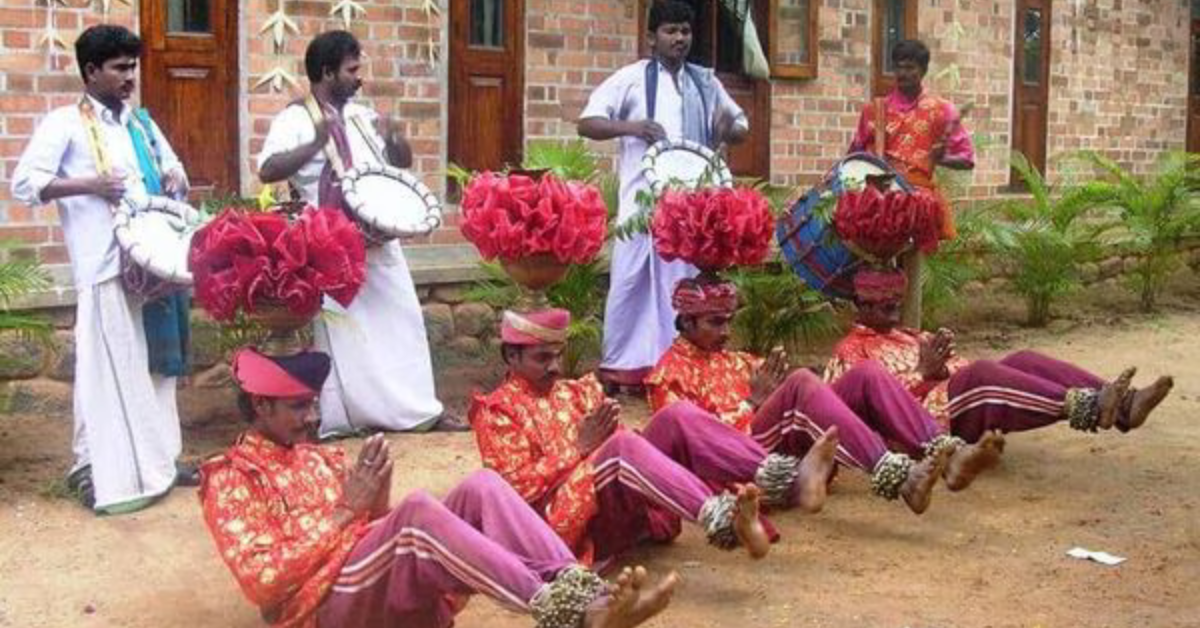Ugadi, the vibrant harvest festival celebrated across several states in India, holds immense cultural significance as it heralds the beginning of a new year. Rooted in ancient traditions and customs, Ugadi is a time for joyous celebrations, family gatherings, and spiritual renewal. Let’s delve into the essence of Ugadi and the rich tapestry of rituals and festivities associated with this auspicious occasion.
Derivation and Date:
The term Ugadi originates from the word Yugadi, where “yug” denotes an era and “adi” signifies something new. Celebrated predominantly in Karnataka, Andhra Pradesh, and Telangana, Ugadi falls on the first day of the Hindu lunar calendar month of Chaitra, typically occurring in March or April of the Gregorian calendar. This year, Ugadi or Gudi Padwa will be celebrated on Tuesday, April 9, according to Drik Panchang.
Historical Significance:
In the 12th century, the eminent Indian mathematician Bhaskaracharya established Ugadi as the commencement of the new year. Drawing parallels with the onset of spring after the harsh winter, Ugadi symbolizes rejuvenation, growth, and renewal. It marks the dawn of a new era, resonating with the cyclical rhythm of nature and the eternal cycle of life.
Cultural Significance:
According to Hindu mythology, Ugadi holds profound significance as the day when Lord Brahma, the creator of the universe, initiated the process of creation. Since then, Ugadi has been commemorated as the auspicious occasion signifying the genesis of time and the birth of a new year. Across different regions of India, Ugadi is celebrated with distinct rituals and customs, reflecting the rich diversity of Indian culture.
Traditional Celebrations:
Ugadi festivities commence with fervor and enthusiasm as families come together to usher in the new year. The day begins with the ritualistic oil bath, symbolizing purification and spiritual cleansing. Consumption of neem leaves is customary, signifying the acceptance of life’s bitter and sweet experiences. Colorful flags are hoisted, and homes are adorned with intricate rangoli designs, flowers, and mango leaves. Panchanga Sravanam, the ritual of listening to the astrological forecast for the upcoming year, is observed with reverence. New clothes are donned, delicious traditional feasts are prepared, and heartfelt prayers are offered to seek blessings for prosperity and happiness in the new year.
Ugadi epitomizes the spirit of renewal, hope, and gratitude as communities come together to celebrate the timeless traditions and cultural heritage passed down through generations. As the sun sets on the old year and rises on the new, Ugadi serves as a poignant reminder of life’s eternal cycle and the promise of new beginnings. May Ugadi usher in abundance, joy, and fulfillment for all, heralding a year filled with prosperity, peace, and blessings.















